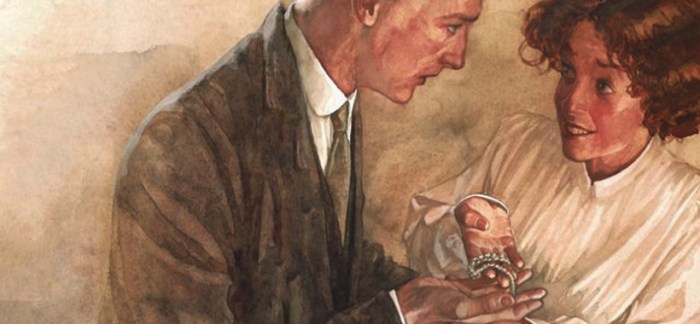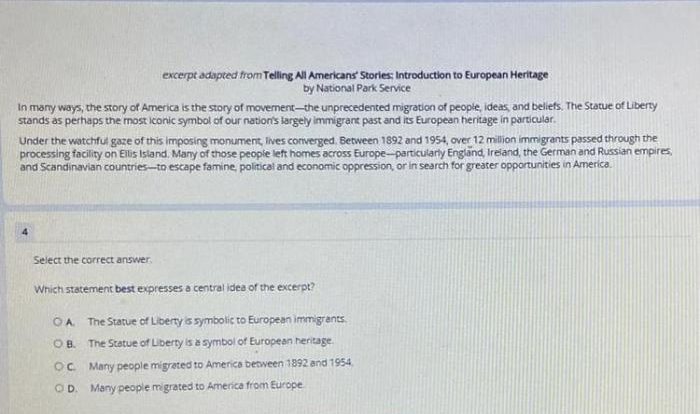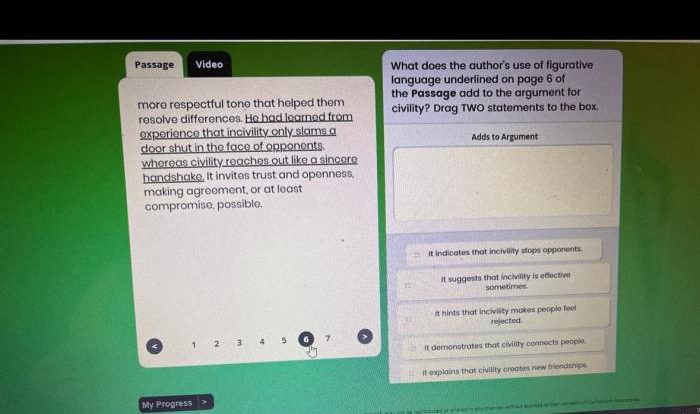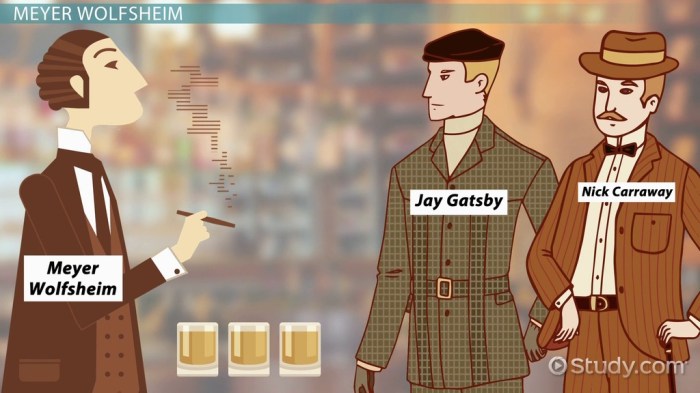Allusion in the gift of the magi – In O. Henry’s classic short story, “The Gift of the Magi,” allusions abound, enriching the narrative with layers of meaning and symbolism. These carefully crafted references to biblical, historical, and literary works illuminate the characters’ motivations, enhance the story’s emotional impact, and connect it to broader themes and ideas.
Delving into the story’s allusions, we uncover a tapestry of cultural and literary influences that deepen our understanding of the characters’ struggles and the story’s enduring significance.
Identify Allusions in “The Gift of the Magi”
O. Henry’s “The Gift of the Magi” is a poignant tale of love and sacrifice, enriched by allusions to various biblical, historical, and literary works. These allusions enhance the story’s meaning and symbolism, providing a deeper understanding of the characters and their motivations.
Biblical Allusions
The story’s title, “The Gift of the Magi,” evokes the biblical account of the Magi, or wise men, who visited the infant Jesus and presented him with gifts of gold, frankincense, and myrrh. Like the Magi, Della and Jim give each other gifts that are both precious and meaningful, symbolizing their love and devotion.
Another biblical allusion occurs when Della cuts her hair and sells it to buy Jim a watch chain. This act parallels the biblical story of Samson, whose strength was tied to his long hair. By sacrificing her hair, Della demonstrates her willingness to give up something of great value for the sake of her loved one.
Historical Allusions
O. Henry also makes references to historical events and figures. For instance, the story is set in “the flat-chested, uptown district” of New York City, which was a predominantly immigrant neighborhood at the time. This setting reflects the challenges and struggles faced by working-class families during the early 20th century.
Furthermore, the story mentions the “One Dollar Eighty-Seven Cents” that Della has saved. This amount is significant because it represents the average weekly wage of a working man at the time, highlighting the economic hardships faced by Della and Jim.
Literary Allusions
The story also contains literary allusions to classic works of literature. For example, Della’s desire to buy Jim a watch chain is reminiscent of Romeo’s desire to buy Juliet a “pretty ring” in Shakespeare’s “Romeo and Juliet.” Both Della and Romeo are willing to sacrifice their own possessions to show their love for their partners.
Additionally, the story’s ending, in which Della and Jim exchange their gifts, echoes the ending of Dickens’ “A Christmas Carol.” In both stories, the characters realize the true meaning of Christmas through acts of kindness and generosity.
Analyze the Function of Allusions

Allusions in “The Gift of the Magi” serve a multifaceted purpose, contributing to the story’s timelessness, universality, and emotional depth. By referencing familiar cultural and literary works, O. Henry connects the narrative to broader themes and ideas, enhancing its significance and resonance.
Creating a Sense of Timelessness and Universality
Allusions to biblical stories, such as the Wise Men’s gifts to the infant Jesus, evoke a sense of ancient tradition and timeless values. By drawing parallels to well-known narratives, the story transcends its specific historical context and appeals to readers of all ages and cultures.
Connecting to Broader Themes and Ideas
Allusions to Shakespeare’s Romeo and Juliet, for instance, introduce themes of love, sacrifice, and the power of destiny. These references connect the story to a broader literary canon, enriching its thematic complexity and inviting readers to draw connections between the characters and universal human experiences.
Contributing to Emotional Impact
Allusions can amplify the story’s emotional impact by evoking familiar associations and emotions. The reference to “the Magi” suggests a sense of wonder and reverence, while the allusion to the “star of Bethlehem” evokes feelings of hope and anticipation. These allusions enhance the reader’s emotional engagement with the characters and their sacrifices.
Explore the Biblical Allusions: Allusion In The Gift Of The Magi

The “Gift of the Magi” contains several biblical allusions that enrich the story’s meaning and connect it to Christian values and beliefs. These allusions contribute to the story’s themes of sacrifice and redemption.
Allusion to the Magi
- The Magi were wise men from the East who visited the infant Jesus, bearing gifts of gold, frankincense, and myrrh. In the story, the Magi represent the wise and generous spirit of giving.
- The gifts of the Magi symbolize the gifts that God gave to humanity in the form of Jesus Christ.
Allusion to the Wise Men
- The wise men in the story represent the wise men of the East who followed the star to Bethlehem. They represent the search for truth and the willingness to make sacrifices to find it.
- Their journey to Bethlehem parallels the journey of the Magi to find the infant Jesus.
Allusion to the Star of Bethlehem
- The star of Bethlehem led the Magi to the infant Jesus. In the story, the star represents the guiding light of faith that leads people to God.
- The star also represents the hope and promise of salvation.
Allusion to the Sacrifice of Isaac
- The story of the sacrifice of Isaac is a biblical account in which God tests Abraham’s faith by asking him to sacrifice his son. In the story, Della’s sacrifice of her hair parallels Abraham’s willingness to sacrifice Isaac.
- Della’s sacrifice represents the sacrifices that people are willing to make for those they love.
Allusion to the Redemption of Christ, Allusion in the gift of the magi
- The gift of the combs represents the redemption that Christ offers to humanity. The combs are a symbol of beauty and hope.
- The story suggests that even the smallest sacrifices can bring about great redemption.
Examine the Literary Allusions

O. Henry’s “The Gift of the Magi” contains several literary allusions that enhance the story’s meaning and character development. These allusions create a sense of intertextuality, connecting the story to a broader literary tradition.
Shakespearean Allusions
The story’s title itself alludes to Shakespeare’s play “The Merchant of Venice.” In the play, the Magi are wise men who bring gifts to the infant Jesus. By using this title, O. Henry suggests that Della and Jim are also wise and generous in their gift-giving.
Another Shakespearean allusion occurs when Della thinks of selling her hair to buy Jim a watch chain. This act mirrors the scene in “Romeo and Juliet” where Juliet sells her hair to buy medicine for Romeo.
Biblical Allusions
In addition to Shakespearean allusions, the story also contains biblical allusions. For example, Della’s act of selling her hair to buy Jim a gift is reminiscent of the biblical story of Mary Magdalene, who sold her hair to buy perfume for Jesus.
Another biblical allusion occurs when Jim sells his watch to buy Della a set of combs. This act parallels the biblical story of the wise men, who brought gifts of gold, frankincense, and myrrh to the infant Jesus.
Other Literary Allusions
The story also contains allusions to other literary works, such as “The Arabian Nights” and “Cinderella.” These allusions help to create a sense of wonder and magic in the story.
For example, Della’s act of selling her hair to buy Jim a gift is reminiscent of the story of “The Arabian Nights,” in which a young woman sells her hair to buy a dress for her prince.
Similarly, Jim’s act of selling his watch to buy Della a set of combs is reminiscent of the story of “Cinderella,” in which a young woman sells her glass slipper to buy a dress for her prince.
Conclusion
The literary allusions in “The Gift of the Magi” serve a variety of functions. They create a sense of intertextuality, connecting the story to a broader literary tradition. They also add depth to the characters, revealing their wisdom, generosity, and love.
Question Bank
What is the significance of the biblical allusions in “The Gift of the Magi”?
The biblical allusions in the story connect it to Christian values of love, sacrifice, and redemption, enhancing the story’s themes of selflessness and the power of love.
How do the literary allusions contribute to the story’s meaning?
The literary allusions create a sense of intertextuality, linking the story to other works of literature and enriching its symbolism and character development.



